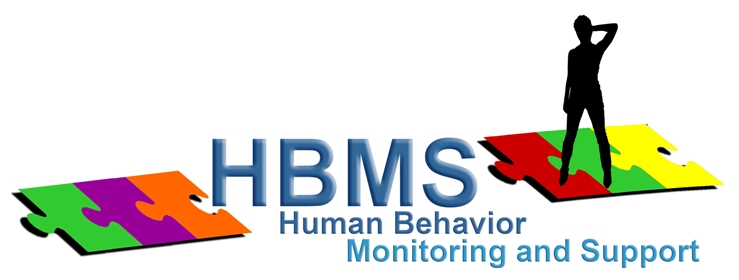Ambient Assistance is a growing field in ICT: Based on smart sensors, life video analysis techniques as well as speech recognition human centred assistance becomes feasible and affordable. The range of applications is broad and covers everyday situations in private and business environments as well as support for people with special needs. Consequently, Ambient Assistance is a challenging field for computer scientists, software engineers and information technicians in both, research and application, with lots of questions to answer and technical solutions to find. Dealing with the support of humans, it is an interdisciplinary field affecting Psychology, Neurology, Medicine, Law, Philosophy, and others more. Models play a key role in ambient assistance systems as they act as the integral means for data and knowledge acquisition, representation, evaluation and exchange for the various system components. We will start our lecture with a short overview of already existing best practice examples and then work out the key notions and concepts that form the basis for domain specific modelling in this field. Based here on, we will discuss the objectives, concepts and elements of the “Human Cognitive Modelling Language” HCM-L, which was developed in the “Human Behavior Monitoring and Support” project HBMS. Deeper insight will be gained in the afternoon Parallel Working Groups that are headed by members of the Application Engineering Research Group: Dr. Judith Michael and Suneth Ranasinghe MSc.




